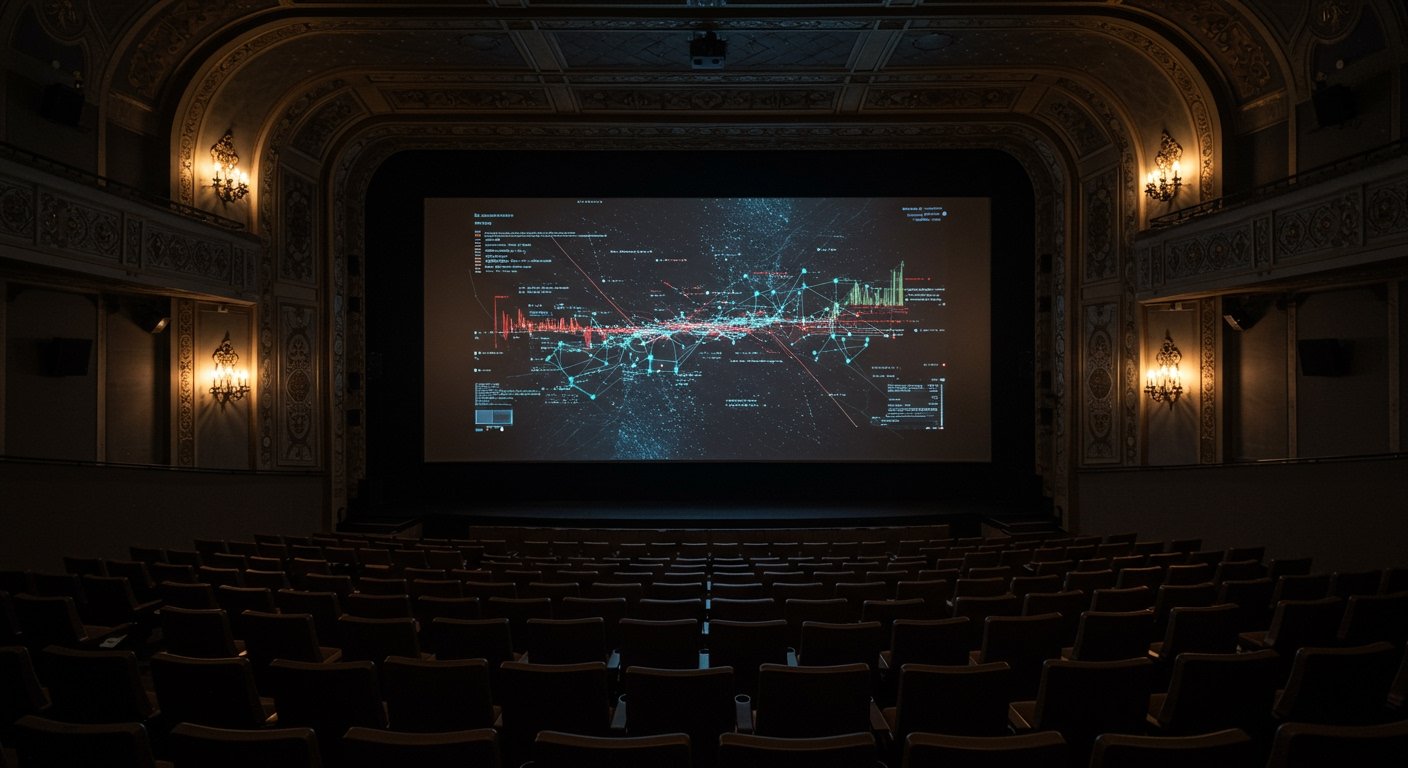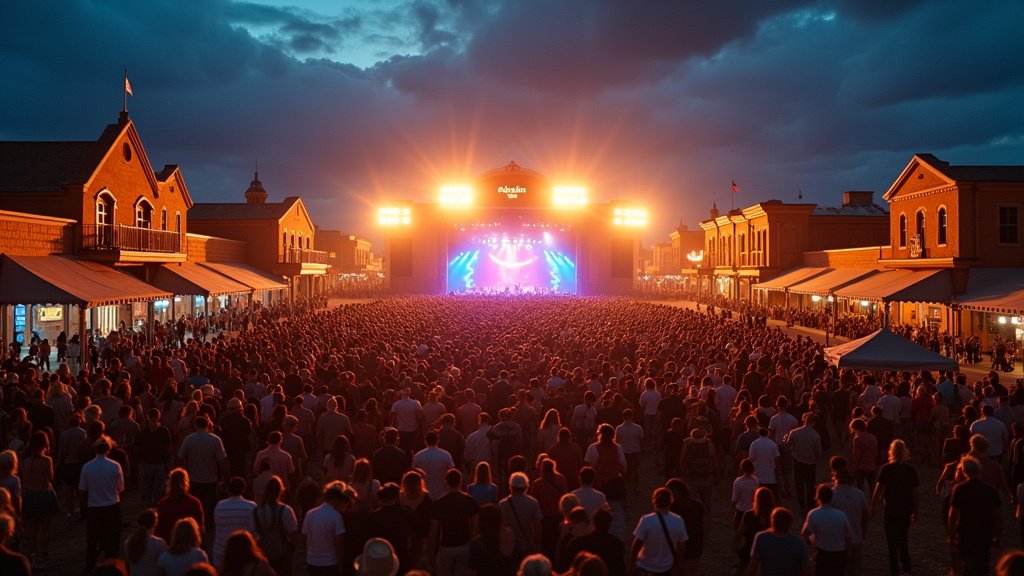BUCHEON, South Korea – The future of filmmaking is under the microscope at the Bucheon Film Festival, which has placed Artificial Intelligence squarely at the centre of its exploration into cinema’s evolving landscape. Against a backdrop of rapid technological advancement, the festival is not only showcasing the creative potential of AI but also providing a critical platform for industry leaders to discuss its profound implications.
This year’s festival program features a curated selection of 11 AI films among its impressive total of 217 titles, offering attendees a glimpse into the nascent stages of AI-assisted or AI-generated cinematic works. Complementing the screenings is a dedicated three-day conference, designed to dive deep into examining AI’s tangible and potential impact on creative processes within the film industry.
Industry Leaders Convene on AI and Beyond
A key highlight of the conference took place on Sunday, July 6th, when a significant gathering of industry pioneers, technologists, and policymakers convened. The session was initially intended to focus on the practical applications and future implications of AI-driven production, exploring how these new tools might reshape everything from scriptwriting and animation to editing and distribution.
However, reflecting the complex pressures currently facing the global film ecosystem, the conversation during an afternoon panel discussion broadened considerably. The dialogue shifted organically to address more immediate and pressing industry concerns, particularly those affecting the South Korean market. Central among these were the worrying trends of Korea’s declining theater attendance and the intensifying competition stemming from streaming platforms.
Navigating the Korean Market’s Struggles
The panel discussion, which navigated these critical issues, featured prominent voices from both the festival circuit and international film policy. Participants included festival director Shin Chul, President of the French National Cinema Center Gaetan Bruel, and seasoned producer Lee Dong-ha. Their discussion centered specifically on the significant struggles currently being faced by Korea’s film industry, seeking potential insights and lessons from France, a nation often lauded for its robust support of domestic cinema.
Shin Chul, as the festival director, likely provided context on how local filmmakers and distributors are grappling with changing audience habits and market dynamics. Lee Dong-ha, from a producer’s perspective, would have illuminated the economic realities of production and distribution in the current climate.
The French Model: Lessons in Protection and Support
Offering an international perspective, Gaetan Bruel highlighted aspects of the French government’s support system for its film industry. France has long implemented policies designed to protect and promote domestic film production and exhibition. Bruel specifically detailed one such measure: mandatory “holdback” periods.
This regulatory mechanism requires that theatrical releases enjoy an exclusive window before becoming available on streaming platforms. As Bruel explained, this theatrical exclusivity must last for four months before the film can transition to digital distribution. The intention behind such a policy is to safeguard the theatrical experience, encourage movie-going, and provide cinemas with a crucial period to recoup costs and generate revenue before competing with the convenience of home streaming.
The discussion underscored the shared challenges faced by film industries worldwide in the digital age, while also pointing to potential policy interventions, like the French model, that could help preserve the cultural and economic viability of theatrical cinema.
AI’s Place in a Changing Industry
While the panel’s focus broadened, the underlying theme of AI’s disruptive potential remained relevant. As the industry navigates these economic and structural shifts, AI tools are emerging as potential cost-saving measures or new creative avenues. However, their integration also raises questions about copyright, labor, and the very definition of authorship in filmmaking.
The presence of 11 AI films and a dedicated conference at Bucheon signals a proactive engagement with these technological shifts. The festival is positioning itself as a key forum for understanding how AI will not just be a tool for creation but also a factor in the complex economic models discussed by figures like Shin Chul, Gaetan Bruel, and Lee Dong-ha.
Ultimately, the Bucheon Film Festival is serving as a vital crossroads, bringing together the cutting edge of technology with the enduring challenges of bringing films to audiences in a rapidly changing world. Its focus on AI is less about predicting a singular future and more about fostering a necessary dialogue on how technology can coexist with, and perhaps even support, the foundational elements of cinema, including the theatrical experience that remains under threat.






